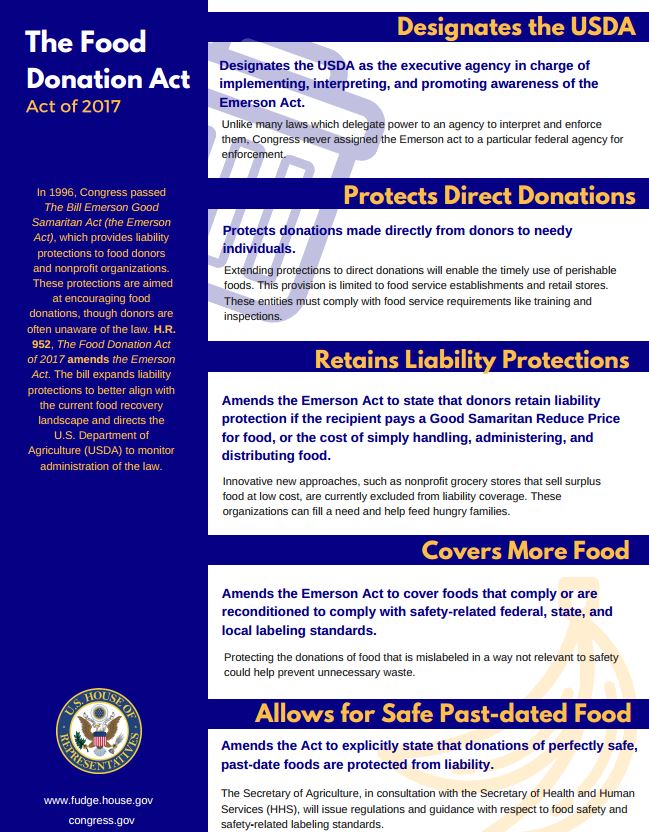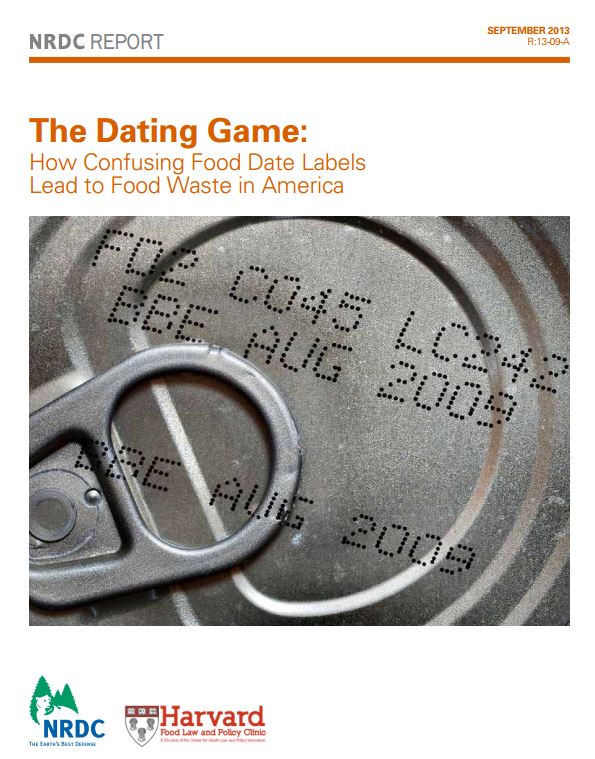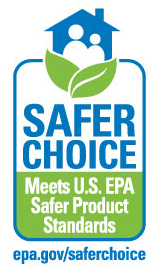Event details
Champaign County has scheduled a free county electronics collection event for Saturday, May 20, 2017 from 8 AM to noon at Parkland College. Sixteen local governments are participating in the May 2017 event: Bondville, Broadlands, Champaign, Gifford, Homer, Ivesdale, Ludlow, Mahomet, Ogden, Royal, Sadorus, St. Joseph, Savoy, Thomasboro, Urbana, & Unincorporated Champaign County. (Communities NOT participating include: Allerton, Fisher, Foosland, Longview, Pesotum, Philo, Rantoul, Sidney, & Tolono.) A list of accepted and non-accepted items is available at http://champaignil.gov/wp-content/uploads/2010/08/Flyer-of-accepted-items-for-5-20-17-event.pdf. There will be a 2 TV limit for participants; all sizes, types, & models of TVs will be accepted. There will be a 10-item total limit for participants.
Registration is required to participate, and registration is open today. Interested residents of participating communities must sign up for a 15-minute time slot at http://ecycle.simplybook.me/sheduler/manage/event/1/unit/1.
Other options
Registration for these collection events has been used in recent years to minimize the long waits in lines that were common in the past. Of course, another great way to avoid the lines is to make use of the many local businesses that accept electronics for recycling year round. These are also good to keep in mind if you can’t make it to the upcoming event. See the Champaign County Electronics Recycling Guide at http://champaignil.gov/wp-content/uploads/2017/03/GUIDE-FOR-RESIDENTS-1-9-17-1.pdf for a list of businesses, items they accept, and contact information (it’s always a good idea to call ahead to ensure that policy has not changed before you make the effort to take items to a location). Be advised, however, that if you have televisions to recycle, the county collection event is your only option for recycling these devices currently. Televisions are one of 17 devices which are banned from landfills in Illinois. See the Illinois EPA web site for further information on the landfill ban: http://www.epa.illinois.gov/topics/waste-management/electronics-recycling/index.
If you have an electronic device that still functions, consider donating it for reuse. Reusing items is a “higher order” waste management strategy than recycling, because you’re making the most of the natural and human resources that were already invested in an item’s manufacture. Recycling itself requires energy, labor, etc., so while it’s a better option than sending something to landfill (especially in this instance where law restricts sending certain items to landfill), reuse is an even better option. Check out some suggestions for local organizations that may accept items for donation in our fact sheet on waste reduction and recycling in our community at http://www.istc.illinois.edu/info/library_docs/TN/reducing-recycling-UI-Champaign-Urbana.pdf. If you have an item that isn’t functioning properly and you’re wiling to try some “do-it-together” troubleshooting and repair to return it to working order for yourself or someone else, check out the Illini Gadget Garage. Our student staff and volunteers are here to help you, and you’ll love the sense of accomplishment you get when you’re able to make your gadget work again!






